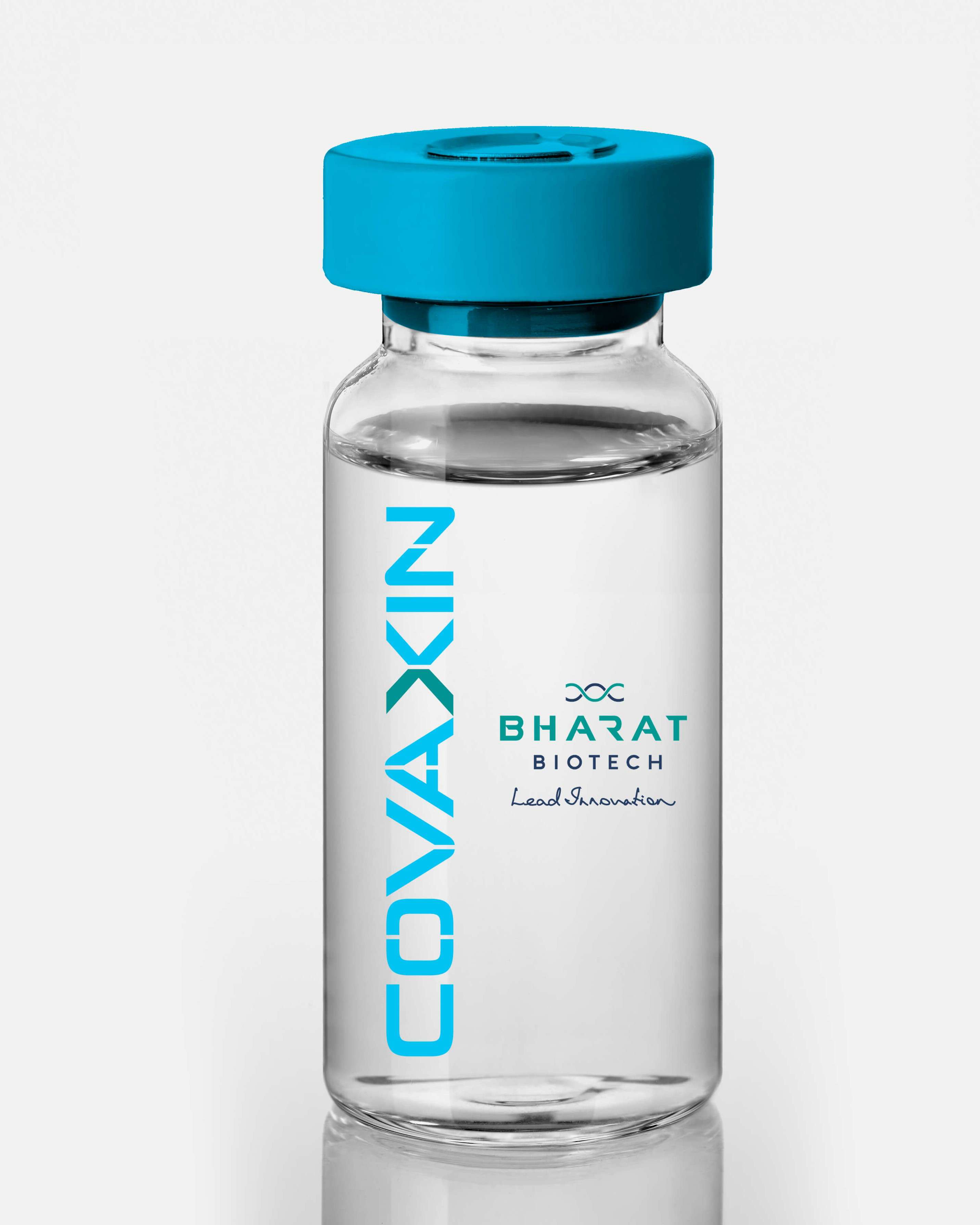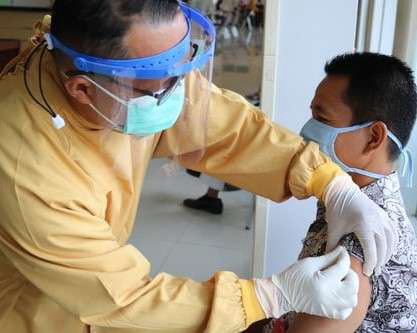
The recent outbreak of the COVID-19 pandemic has been caused by a new strain of coronavirus that had not previously detected anywhere in the world before the outbreak was first reported in China in December 2019. This large family of the respiratory virus is known to cause illnesses ranging from the common cold to more severe illnesses such as Severe Acute Respiratory Syndrome (SARS). Now the whole world is being vaccinated, and even India began its COVID-19 vaccination program on January 16, covering all the healthcare workers in the first phase. The vaccines which are currently being used in India are the University of Oxford, AstraZeneca vaccine and the Covaxin by the Indian company Bharat Biotech.
According to the vaccination data of the Ministry of Health and Family Welfare, the nation has administered 3,29,47,432 vaccine doses across India as of 15 March 2021 and the nation administered 95,90,594 first doses of the vaccine in the first 11 days of March from 7 am on March 1 to 7 am on March 12. This whole data interprets to an average of 8,71,872.2 first doses per day. And at this gradual rate, the country will take 3 years to vaccinate 70% of its population and 4.3 years to vaccinate the total population of India with the initial dose of the two-dose rule vaccination program by the Government of India. However, the vaccination period is even higher if data for administering the second dose is considered. A total of 22,72,829 second doses were administered in the first 11 days of the month, an average of 2,06,620.8 doses per day. And at this rate, it will take 12.6 years to vaccinate 70% of India’s population and 18 years to prevent the entire population of India from the novel coronavirus.

Some health experts believe that the vaccination process is required to be scaled even further up to break the transmission cycle. The Indian Institute of Public Health, Head of Epidemiology, Dr Giridhara R Babu told The Daily, “Although it is heartening to see an increase in pace, it is sort of an under accomplishment to go at this rate as India has the capacity to cover 7 to 10 million per day”. Even the opposition political parties are raising fingers at the slow COVID-19 vaccination process. On March 14, Congress also expressed concern over the recent spike in coronavirus cases and asked the government to accelerate the vaccination drive across the nation. The Congress party demanded to know if the Government of India had a roadmap to complete the vaccination in 12 months. Party spokesperson Shaktisinh Gohil said that at the current rate, it will take 12 and a half years to vaccinate just 70% population of the nation of 1.3 billion people. He accused the government of being busy in elections and not caring for the people and said, “By this rate 70% people will get vaccinated in 12.6 years. For 100% vaccination, it will take 18 years. We have vaccines, enough of it is there. Why is the government not giving it?”. However, delivering the COVID-19 vaccines at that scale would require a massive scale of operation that the nation has not seen anywhere before.
According to a health expert at the Harvard Medical School Prashant Yadav, it would require over 10 thousands of vaccination clinics working 7 days a week vaccinating from morning to evening in an extremely well-coordinated manner to complete the vaccination rapidly. The government of India has already released a detailed blueprint of its plan of action, describing it as broadly similar to the election process. Directed by the National Expert Group on Vaccine Administration for COVID-19, a three-tier administrative architecture has been put in place with committees and task forces at that state, district, and block level.
Till last week, the average number of COVID-19 vaccine doses administered daily was 1.26 million. And with such figures the COVID-19 vaccination drive of India has become the second-largest vaccination program in the world, both in terms of vaccines administered and the number of doses being administered daily. According to the Hindustan Times, the country’s daily dose count has tripled in the last 20 days, and it was around 0.4 million for the week ending on February 22, this number increased to 1.26 million last week. The recent gains by the nation have indicated that the vaccination drive has been picking up pace in the last few weeks, and only the future policies and plans by the government will tell the total time for COVID-19 vaccination of India.
____________________________
Reference:
- www.vaccine.icmr.org.in
- www.mohfw.gov.in
- www.bharatbiotech.com
- www.pib.gov.in
